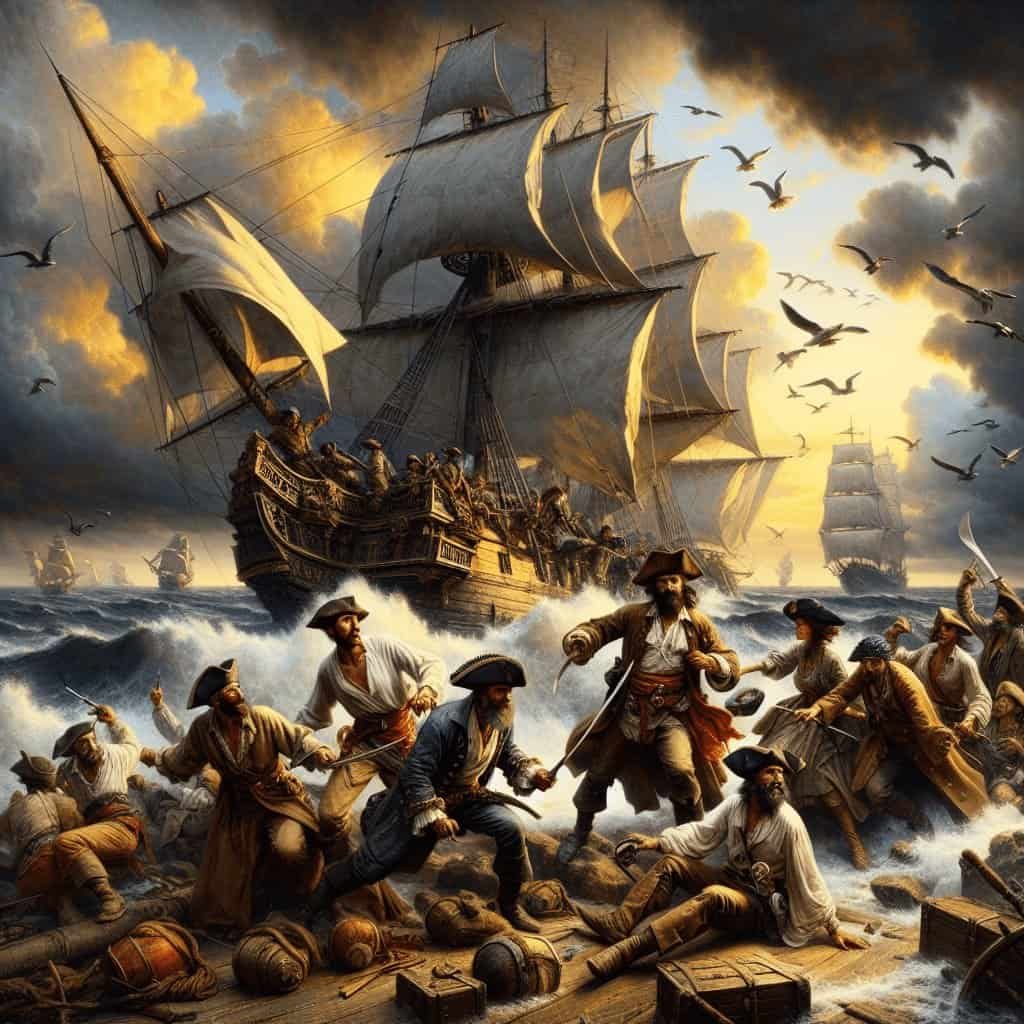When Were the Last Pirates Alive?
Introduction to Modern Piracy
While the golden age of piracy, often romanticized in popular culture, occurred primarily during the 17th and 18th centuries, piracy has persisted into the modern era. Today’s pirates might not match the swashbuckling images of yore, but their impact on global shipping and coastal security remains significant. This article explores the persistence of piracy into the 21st century, highlighting recent activities and the ongoing challenges they pose.
The Evolution of Piracy
The transition from the treasure-laden piracy of the Caribbean to the modern-day hijacking near strategic shipping lanes illustrates a significant evolution in pirate ac
tivities. Modern pirates are equipped with speedboats, advanced weapons, and technology, targeting large cargo ships to either ransom the crew or offload valuable cargo.
Recent Hotspots of Pirate Activity
- The Somali Coast: Since the early 2000s, Somalia has been one of the most notorious regions for pirate attacks, largely due to the country’s political instability and economic hardships.
- The Gulf of Guinea: This area has overtaken the Somali coast in recent years as the most dangerous for pirate attacks, with numerous incidents reported annually.
- South East Asia: The Strait of Malacca, a key maritime route between the Indian Ocean and the Pacific Ocean, has historically been a hotspot for piracy.
Case Studies of Modern Piracy
1. The Maersk Alabama Hijacking (2009)
In one of the most well-known cases of modern piracy, Somali pirates hijacked the Maersk Alabama, a cargo ship, off the coast of Somalia. This incident notably involved Captain Richard Phillips, who was taken hostage. The situation ended after a dramatic rescue by U.S. Navy SEALs.
2. The Gulf of Guinea Incidents (2020s)
Recent years have seen a surge in pirate attacks in the Gulf of Guinea, with pirates often targeting oil tankers and container ships. These incidents frequently involve kidnapping crew members for ransom, a significant shift from the earlier cargo thefts.
Government and International Responses
Efforts to combat piracy have included increased naval patrols, improved surveillance and intelligence, and collaborations between shipping companies and government forces. International bodies like the United Nations have also been instrumental in passing resolutions aimed at curbing piracy.
The Future of Piracy
Despite significant efforts to curb their activities, modern pirates remain a formidable threat due to the vastness of the oceans and the complexity of surveillance. Factors such as political instability, economic disparity, and the lucrative nature of ransom demands continue to fuel piracy activities around the world.
Conclusion
In conclusion, while the era of pirates terrorizing the Caribbean might be long over, modern piracy continues to pose a significant threat to global shipping and security. The last pirates are not relics of the past but are active participants in a complex global issue that requires continued international cooperation and innovative strategies to resolve. Understanding the evolution and persistence of piracy is crucial for developing more effective countermeasures in the future.
